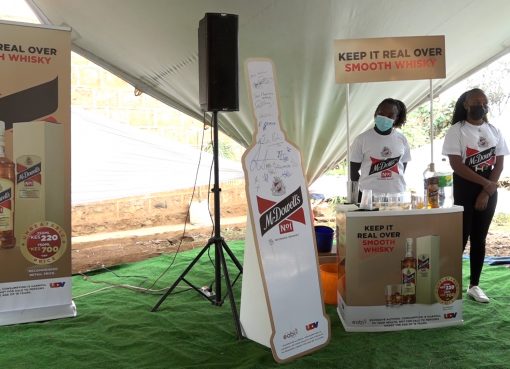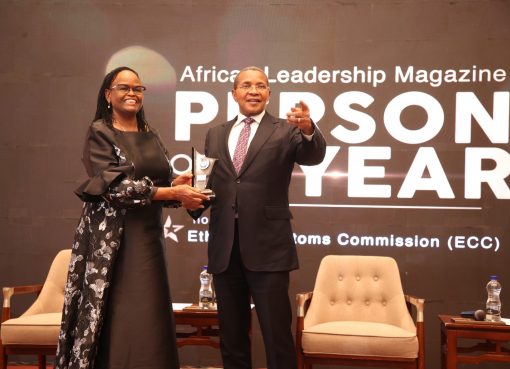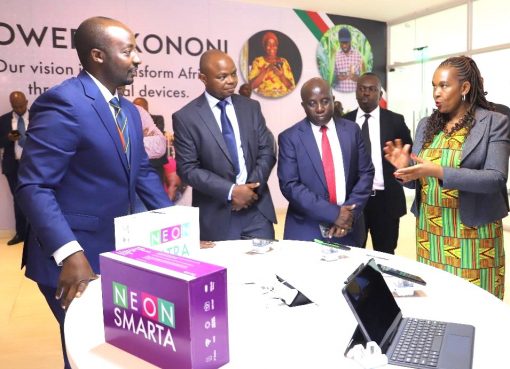Deputy President Kithure Kindiki has intensified the government’s economic empowerment programme in Ruiru Constituency, pledging support for thousands of small and medium enterprises (SMEs).
Speaking Sunday during an empowerment forum at Ruiru Technical and Vocational College grounds, Kindiki reassured micro and small enterprise owners of the government’s full support while detailing the administration’s ongoing initiatives aimed at fuelling national development.
“Our efforts as leaders to empower small-scale traders are designed to complement existing government programmes with similar goals. To revitalise Micro and Small Enterprises (MSEs), the government is implementing several initiatives, such as NYOTA (National Youth Opportunities Towards Advancement) and KJET (Kenya Jobs and Economic Transformation). Supporting MSEs remains a priority to ensure their expansion and long-term sustainability,” he said.

“Programs like NYOTA and KJET, which are nearing finalisation for rollout, are designed to economically empower Kenyans. We as leaders are going over and beyond by complementing these with other empowerment activities we’re undertaking,” the DP added.
He said the empowerment initiatives aim to expand the assets of small-scale traders, women, and youth groups. This is part of the Kenya Kwanza Administration’s efforts to accelerate the full realisation of the bottom-up economic transformation agenda (BETA.)
The DP stated that the bottom-up economic transformation agenda is centred on the continuous empowerment of micro and small enterprises (MSMEs), which he believes are crucial for Kenya’s economic growth from the grassroots level upwards.
Furthermore, he elucidated the government’s agricultural support initiatives, particularly the subsidisation of farm inputs like fertiliser.
He noted the tangible impacts already achieved, including enhanced prices for tea, coffee, and milk.
Ruiru MP Simon King’ara, who spearheaded the programme in the constituency, announced that more initiatives would be launched in the near future to improve residents’ livelihoods.
Through the programme, various groups received essential business items such as blow dryers, computers, car pressure washers, hair clippers, motorcycles and water tanks.
By Hellen Lunalo





